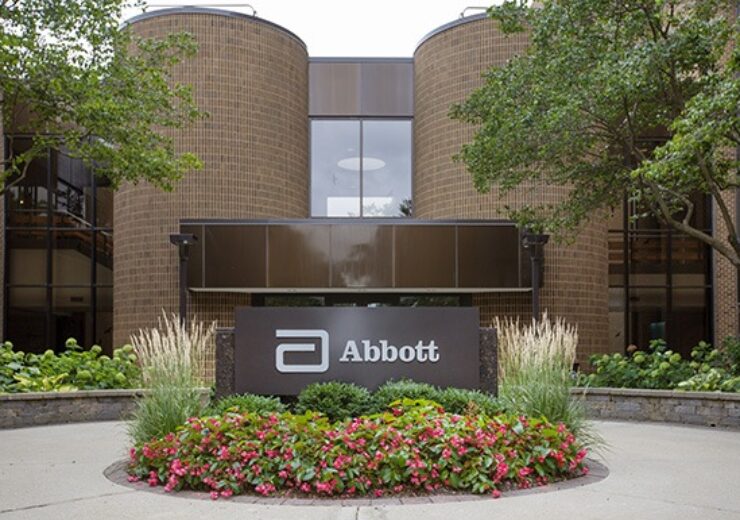DISTINCT study will evaluate the efficacy of BurstDR SCS against conventional medical management in people with chronic low back pain

Abbott has commenced BurstDR SCS system study to treat low back pain. (Credit: Abbott)
Abbott has commenced a study to assess the efficacy of its BurstDR spinal cord stimulation (SCS) system to treat non-operative low back pain.
The company has recruited the first patient in the DISTINCT study (dorsal spinal cord stimulation versus medical management for the treatment of low back pain).
The DISTINCT study will evaluate the efficacy of BurstDR SCS against conventional medical management (CMM) in people with chronic low back pain, which can not be managed with standard medical care.
Abbott’s trial will assess recovery in pain, physical function and emotional well-being in people living with chronic low back pain, who have not had lumbar spine surgery or for whom surgery is not a choice.
The trial co-principal investigator Dr James Yue said: “Unlike other spinal conditions, there is a lack of clear treatment guidelines for people living with severe low back pain who are ineligible for back surgery and are unresponsive to traditional medical treatments and rehabilitation methods.”
The prospective, multi-centre, randomised and controlled clinical trial will assess the BurstDR SCS in the treatment of chronic low back pain with a neuropathic component compared to CMM using medication and other non-surgical methods to treat the patient’s pain.
According to the company, the trial’s primary and secondary endpoints will capture participant’s improvement in physical function and pain relief.
The study will use additional endpoints to assess the quality of life measures such as depression, sleep, emotional distress, medication usage and overall participant satisfaction with the therapy.
Abbott will recruit 270 subjects at up to 30 US sites in the study
Abbott will recruit 270 subjects at up to 30 sites in the US and later randomize for SCS treatment and CMM, accordingly. All participants will have an option to cross over, following six months of treatment in either arm.
Abbott neuromodulation vice president Keith Boettiger said: “The DISTINCT study will provide important data in our clinical development program for intermittently dosed BurstDR stimulation.
“Conducting this study is another example of how Abbott is listening to patients, physicians and the pain community to address current unmet needs in pain management. For the patients, we see this as a unique opportunity to address their suffering as well as their pain.”
Earlier this year, Abbott started enrolling first patients in the investigational device exemption (IDE) clinical trial of its new Esprit BTK Everolimus Eluting Resorbable Scaffold System, dubbed LIFE-BTK.
